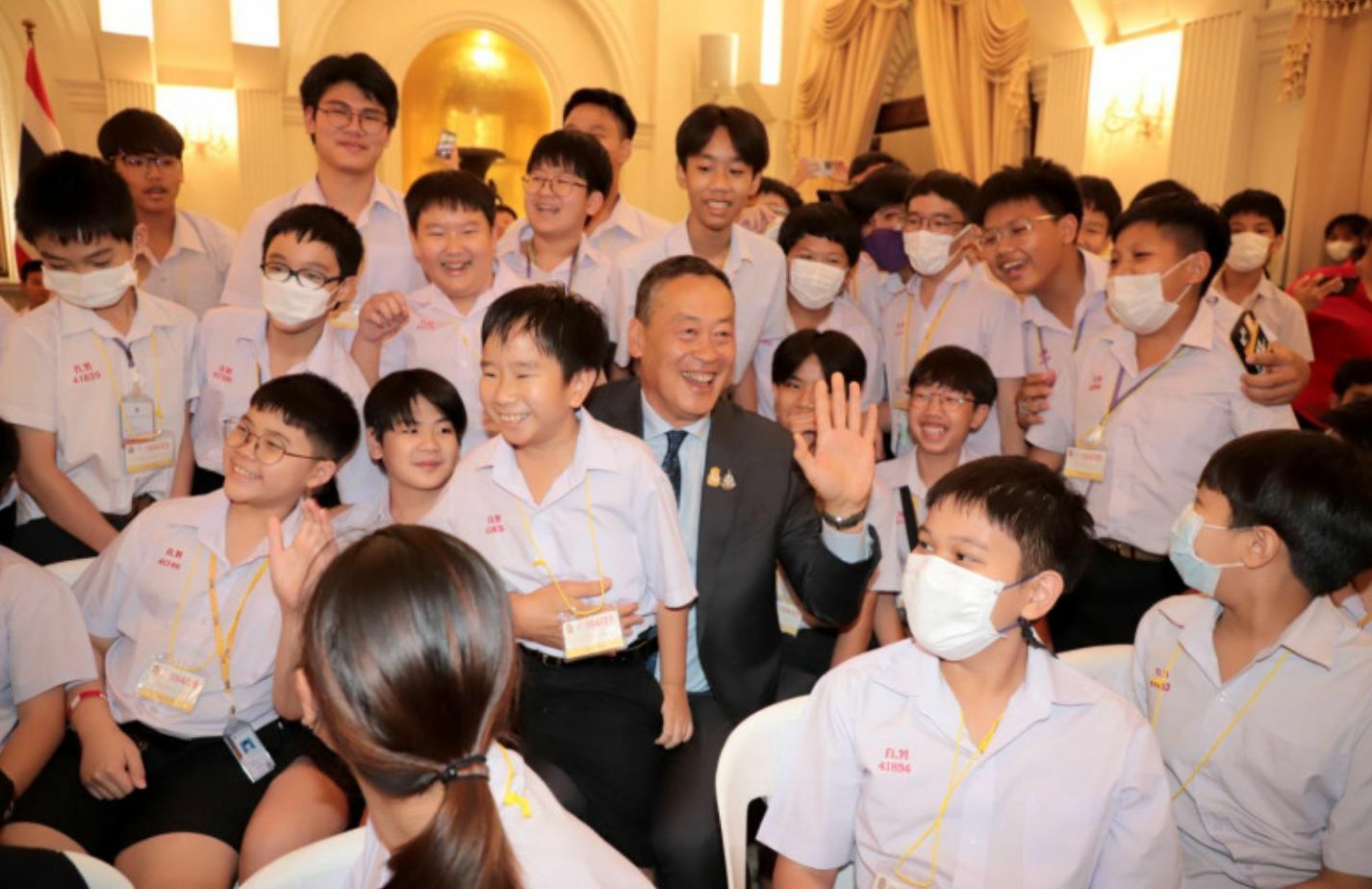Thailand’s government initiates inclusivity in education to curb student dropouts

Thailand’s government is planning on launching an inclusivity in education initiative. The aim is to provide equitable access to quality education and decrease student dropouts. This announcement aligns with Children’s Day, celebrated this coming Saturday, January 13.
Prime Minister Srettha Thavisin voiced his advocacy for children’s rights to education in a recent social media post. His dedication to promoting educational equity and quality predates his political career.
The government is geared towards achieving zero dropouts, according to PM Srettha. He has assigned the task of creating the country’s first-ever database on school dropouts to the Equitable Education Fund, the Digital Economy and Society Ministry, and the Interior Ministry.
The database, powered by big data analytics, will help the government provide targeted support to school dropouts and facilitate their return to the education system, reported Bangkok Post.
In related news, the findings from a past Children’s Day opinion poll, conducted collaboratively by the Thai Ministry of Culture and Suan Dusit University, illuminated the career aspirations and perspectives of Thai children. With a substantial participant pool of over 7,000 children nationwide, the survey disclosed that 15% of respondents harbored ambitions to become teachers or lecturers.
This statistic underscored the profound respect and admiration these children held for their educators. Beyond teaching, other popular career choices included aspiring to be doctors, nurses, or venturing into business, while an intriguing 43 children expressed a desire to become YouTubers.
Delving deeper into Children’s Day expectations, the survey uncovered children’s preferences for gifts and family outings, with 50% surprisingly favoring celebrations within the school environment. This preference provided a unique insight into their perceptions of leisure activities.
Furthermore, the survey unveiled children’s concerns about societal issues, with a divided focus on problems related to drugs, education, and violence. Altogether, these insights offered a comprehensive glimpse into the aspirations, preferences, and concerns of the younger generation in Thailand.
Latest Thailand News
Follow The Thaiger on Google News:


























